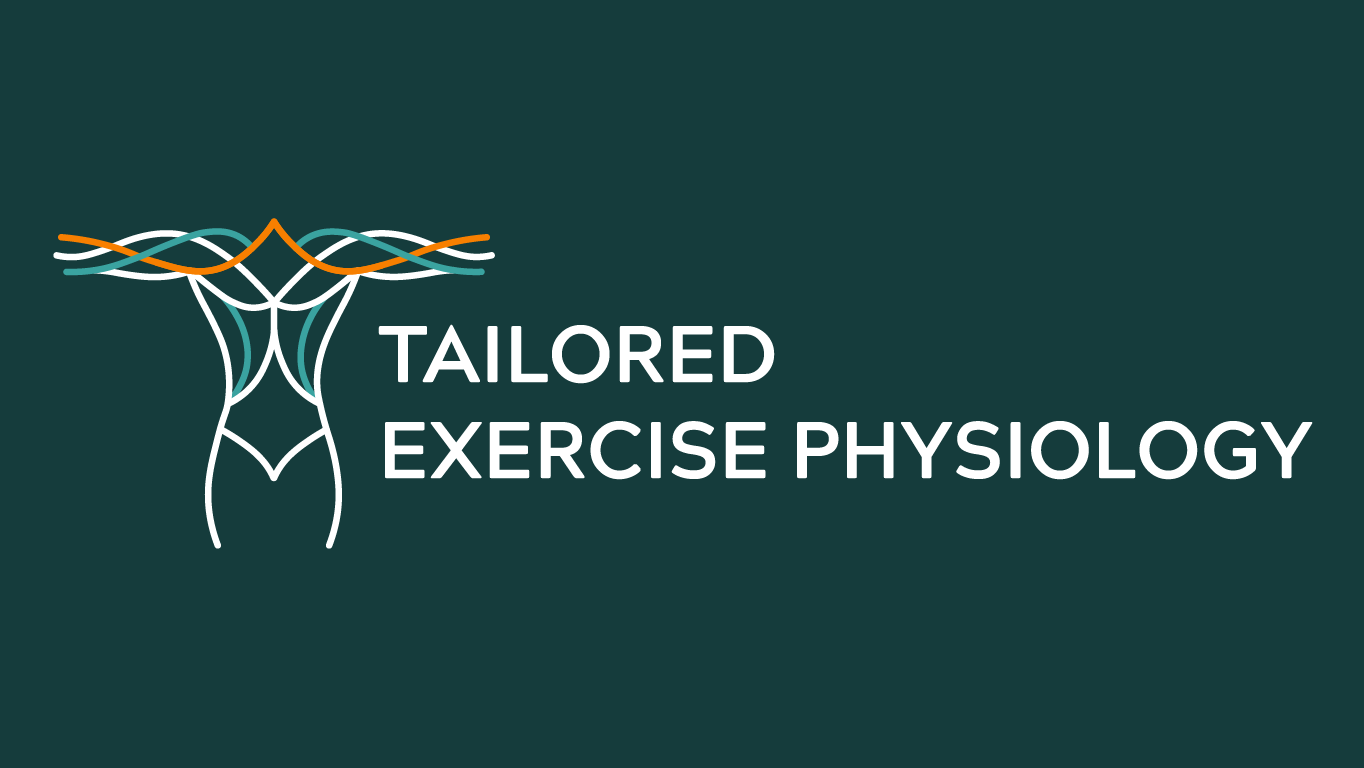Understanding Exercise and Lifestyle for PCOS Management
Living with polycystic ovary syndrome (PCOS) presents unique health challenges, but lifestyle interventions, particularly PCOS and exercise, play a significant role in symptom management. Regular physical activity can be highly beneficial for managing PCOS, reducing associated health risks, and improving overall wellbeing.

What is PCOS?
PCOS is an endocrine condition affecting around 8-13% of women of reproductive age. PCOS is diagnosed using the Rotterdam criteria, requiring any two of the following criteria:
- Irregular menstrual cycles (Oligo-ovulation or anovulation)
- Elevated testosterone levels (Hyperandrogenism)
- Polycystic ovarian morphology
Left unmanaged, PCOS increases the risk of type 2 diabetes, cardiovascular disease, obesity, and mental health issues. Given these long-term risks, early lifestyle management, including exercise for PCOS, have shown significant potential to manage symptoms and improve quality of life for women with PCOS.
Why is Exercise for PCOS Important?
Exercising for PCOS is a cornerstone of management and, in conjunction with diet, remain the most effective ways to reduce its severity.
The main benefits of exercising for PCOS include:
Reduce the risk of Diabetes
Physical activity helps counteract insulin resistance, a common issue among those with PCOS. By increasing insulin sensitivity, exercising with PCOS can help regulate blood sugar levels and reduce the risk of diabetes.
Weight Management
Exercising for PCOS also helps in weight management, a critical factor for improving hormone balance and reducing androgen levels.
Emotional Regulation and Energy Levels
Exercising with PCOS supports mental wellbeing by releasing endorphins and reducing stress, both of which are essential for managing PCOS symptoms effectively.
Period Regularity
Regular physical activity combined with diet may improve period regularity by helping with weight control and insulin resistance.

What Type of Exercise for PCOS is Best?
A combination of cardiovascular and resistance training is most beneficial for those exercising with PCOS.
Here’s a closer look at each type:
Cardiovascular Exercise
Cardio activities, such as walking, jogging, cycling, or swimming, help support weight management and improve cardiovascular health. This makes cardiovascular exercise a great option for exercising with PCOS.
Strength Training
Resistance exercises, such as weight-lifting or bodyweight strengthening, help increase muscle mass for improved insulin sensitivity and metabolic health. This will reduce the likelihood of comorbidities and help with treatment of conditions such as diabetes, cardiovascular disease, and weight gain, all common for those with PCOS.
High-Intensity Interval Training (HIIT)
HIIT involves short bursts of intense exercise followed by rest periods. This type of workout has been shown to improve cardiovascular fitness. HIIT training is another option for exercising with PCOS and can be more effective than moderate-intensity workouts.
Mind-Body Exercises
Incorporating activities like yoga and Pilates can be beneficial for reducing stress levels. High stress can exacerbate PCOS symptoms, so exercises promoting relaxation are important for comprehensive PCOS management.

Weight, BMI, PCOS and Exercise
For those with PCOS, maintaining a healthy weight is vital for symptom control. Higher body fat percentage can worsen symptoms, leading to greater hormonal imbalances and negatively impacting common comorbidities. Even modest weight loss (around 5-10% of body weight) can significantly improve metabolic markers.
Tips for Engaging in Regular Exercise for PCOS
Set Realistic Goals
Start with achievable targets, like 10-15 minutes of exercise daily, and gradually increase the intensity and duration.
Create a Routine
Schedule exercise into your week, treating it as a non-negotiable part of your day. Consistency is key for exercising with PCOS.
Incorporate Variety
Mix cardio, strength, and flexibility exercises to keep your routine engaging.
Listen to Your Body
Some days may feel harder than others, this is okay. Pay attention to how you feel, and don’t push yourself too hard, especially during high-stress times.
When to See a Health Professional
Those with PCOS can benefit greatly from a holistic approach involving various healthcare professionals. If you’re experiencing significant symptoms, consider seeking guidance from:
- General Practitioners (GPs) to manage initial symptoms and coordinate care.
- Endocrinologists for hormone-specific expertise and potential medication options.
- Exercise Physiologists to design a safe, individualised workout plan tailored to your unique needs and health goals.
- Dietitians who can offer nutrition advice to complement your exercise routine and help manage insulin levels and weight.
Regular check-ins with these professionals can support a well-rounded and effective approach to managing PCOS.

Conclusion
Exercise for PCOS, alongside other lifestyle interventions, offers significant benefits for those managing PCOS. A balanced routine incorporating cardio, strength, and mind-body exercises not only helps with symptom management but also fosters long-term health and well-being.
By understanding the benefits of exercising for PCOS and engaging with a multidisciplinary healthcare team, individuals with PCOS can take proactive steps toward a healthier, more balanced life.
Get in touch with our qualified Exercise Physiologist to help you manage your PCOS.


